US and China cannot defeat each other: They are their own biggest enemies
Healthy competition between systems to see what works best to improve the lives of the people would be a more productive framework of engagement between China and the US, which each have their flaws, says US academic Zhu Zhiqun. A little cultural humility in the process of self-exploration and self-critique will go a long way.
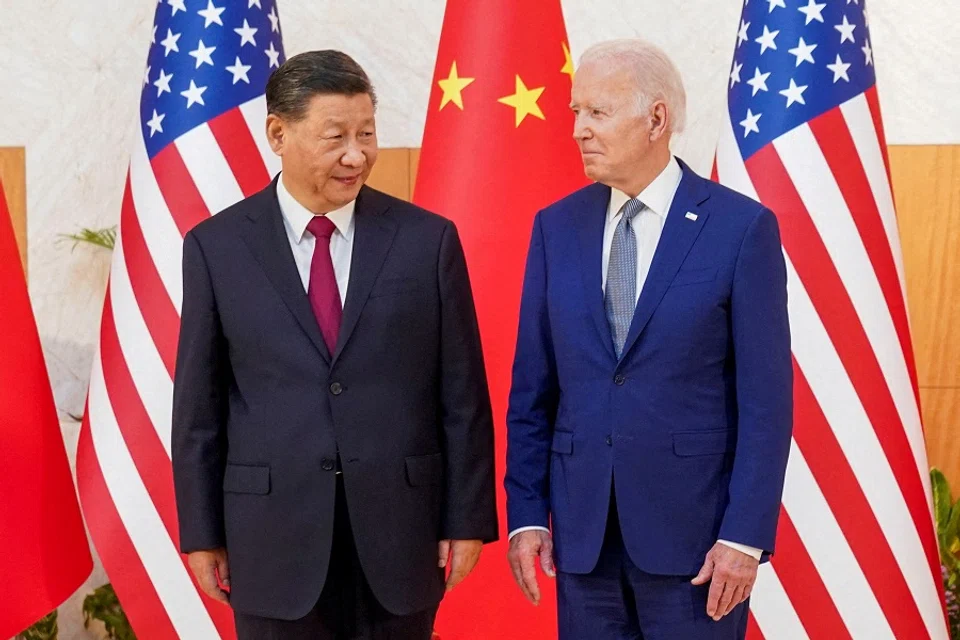
The US and China are engaged in intense competition. But what exactly are they competing for? Ideological superiority? Global dominance? Appealing political systems?
Some people view the US-China competition from an ideological perspective. For example, President Joe Biden has framed the global challenges in terms of democracy versus autocracy. He hosted the first Summit for Democracy in December 2021 in Washington, DC, calling on democratic countries to combat autocracies such as Russia and China. Biden has also called Chinese leader Xi Jinping a "dictator".
Seeds of US-China rivalry
The US Congress, a bastion of China hawks, clearly sees China's rise as an ideological threat. The high-profile anti-China congressional committee, which was formed in January 2023, is conspicuously named "The United States House Select Committee on Strategic Competition between the United States and the Chinese Communist Party", pitting the US government against China's ruling party.
Others see China's ambitious projects such as the Belt and Road Initiative (BRI) as efforts to unseat US global dominance despite China's lack of ability and intention to do so. The US government has not only been critical of the BRI and pressured its allies to stay away from it, but also developed countermeasures. The new India-Middle East-Europe Economic Corridor unveiled at the September 2023 G20 summit in India is strongly supported by the Biden administration and is widely viewed as a counterforce against the BRI.
But the essence of this competition is about the governing capacity and the ability to promote citizens' well-being.
And some have studied why the Chinese Communist Party (CCP) has remained popular in China. According to a report conducted by a group of Harvard University scholars, since 2003, Chinese citizen satisfaction with the CCP-led government has increased virtually across the board. From the impact of national policies to the conduct of local officials, Chinese citizens rate the government as more capable and effective than ever before. Others suggest that China's rise fits every development model. China has combined its own unique cultural and historical conditions with the development experiences of other countries, which accounts for its achievements in the past few decades.
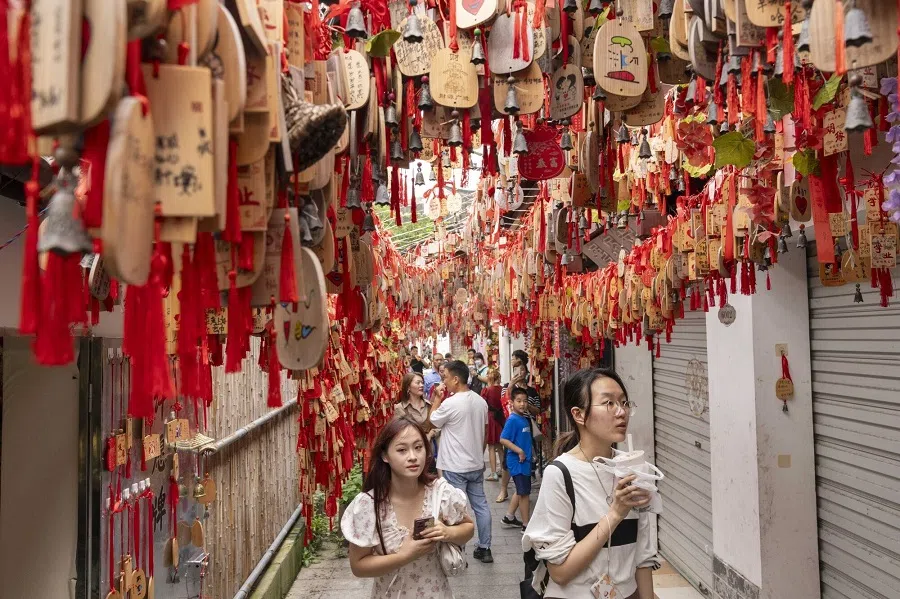
Undoubtedly, the US-China rivalry contains some elements of ideology, global influence and political model. But the essence of this competition is about the governing capacity and the ability to promote citizens' well-being. Instead of focusing on competition, perhaps the two countries can learn from each other wherever they excel.
Both powers are less self-assured than they seem
Both the US and China are confident in their own systems. In the US, it is widely believed that Western-style democracy is the best form of government that originates from the ancient Greek idea of "people rule". Most significantly, citizens have the right to vote in regular and competitive elections and enjoy freedom of speech. In China, the government has promoted the "Four Self Confidences" (四个自信) among the population - the Chinese people should be "confident in the chosen path (道路自信), confident in the guiding theories (理论自信), confident in the political system (制度自信), and confident in the culture (文化自信)."
... both the US and China have been hypocritical in their policies.
However, in reality, neither power seems that self-assured. For example, if the US is so confident in its democratic system, why is it afraid of perceived foreign interference? Banning Huawei products and closing Confucius Institutes show America's insecurity and lack of confidence. Likewise, if the CCP has so much confidence in itself, why does it maintain excessive censorship?
In addition, both the US and China have been hypocritical in their policies. A champion of democracy, the US has maintained close ties to several autocratic governments. For example, it has for decades conveniently ignored human rights violations in Saudi Arabia, an absolute monarchy. More recently, Washington is considering a security agreement with Saudi Arabia resembling those with Japan or South Korea.
In order to woo India to join its effort to push back China's growing influence, the US government has turned a blind eye to Prime Minister Modi's authoritarian rule at home. As the historian Niall Ferguson pointed out, one of the more striking features of the Biden administration's national security strategy is its warm embrace of Modi, whose government tends to treat Muslim minorities as second-class citizens and limit freedom of the press.
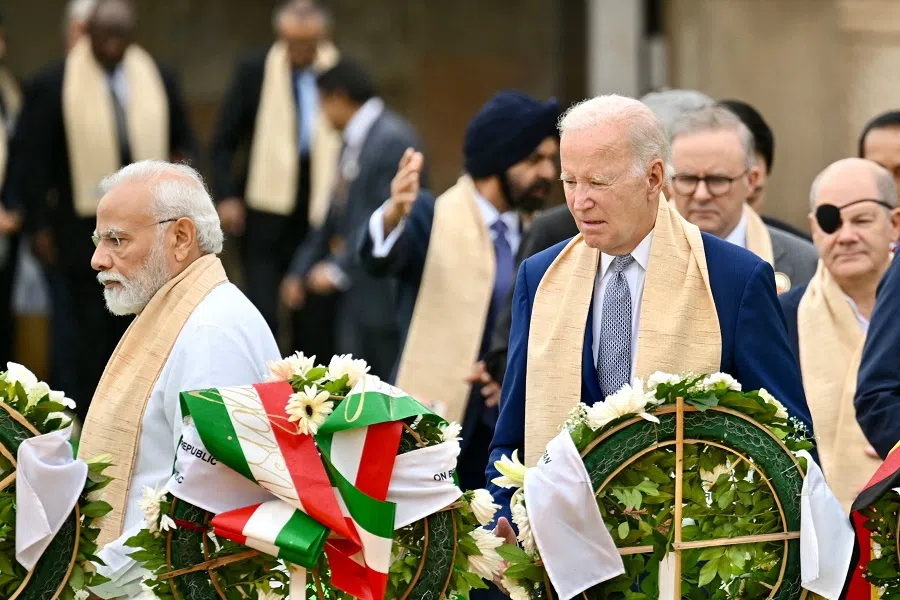
On the other hand, China, a strong defender of national sovereignty and territorial integrity, has so far failed to explicitly condemn Russia's invasion of Ukraine, which clearly violated UN principles that China values deeply. Domestically, the Chinese constitution guarantees freedom of speech, yet, "improperly discussing Central Government's policies" (妄议中央) could be a severe crime.
Some suggest that the Chinese system is based on meritocracy - the government or the holding of power by people selected on the basis of their ability. Some scholars such as Daniel Bell have hailed the "China model" - meritocracy at the top, experimentation in the middle, and democracy at the bottom - that could prove to be a viable alternative to Western democracy.
Learning from each other may be more productive
Both US and Chinese systems have strengths but problems exist in both societies. It is perhaps meaningless to find fault with each other. A willingness to learn from each other is missing.
"Are you better off now than four years ago" is a popular US presidential campaign slogan, which could be a yardstick to measure how successful a government has been. Have living standards been improved? Are people hopeful about their futures?
Starting from missionaries who began to spread the gospel in China in the early 19th century, Americans often have the urge to Christianise China or make China "more like us". This has proved unsuccessful. Though the purpose of President Richard Nixon's opening to China was not to turn China into a democracy, many American politicians today still claim that the engagement policy has failed.
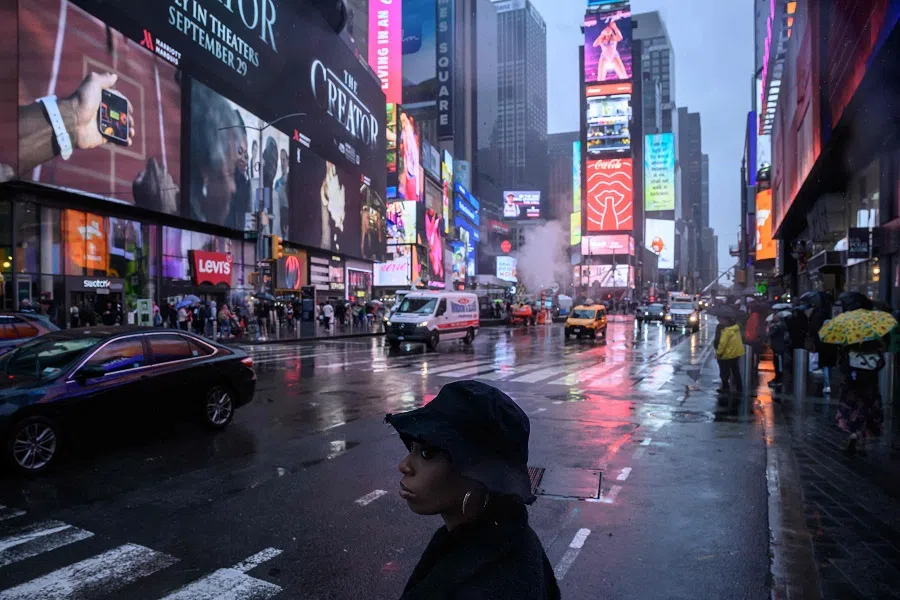
Generations of Chinese elites have been fascinated by American culture and wanted to bring Mr D (democracy) and Mr S (science) to China. But America, the beautiful country, has lost its lustre.
Indeed, it is not a good time to promote American-style democracy today. Frequent mass shootings, perennial homelessness, growing racial tensions, dilapidated infrastructure and a divided national government dominated by octogenarians are just some of the problems that have led many Chinese and others to believe that the US is not the beacon of hope or the shining city upon a hill any more.
China's challenges are many, such as a receding economy, high unemployment among the youth, and a greying population. A peaceful power transfer of the party leadership is a longer-term challenge. Who will be Xi's successor? How can the party ensure a smooth transition of power? While the Chinese government boasts about its ability to concentrate resources to get big things done (集中精力办大事), others point out that it lacks checks and balances, leading to corruption, mismanagement of resources and abuse of power.
Self-righteousness must be replaced with cultural humility, a process of self-exploration and self-critique combined with a desire to learn from others.
Nevertheless, one should not underestimate the resilience of the CCP, which has transformed itself from a revolutionary party to a ruling party, just like one should not miscalculate America's self-correction mechanism and its enduring vitality as an immigrant society attracting the very best from around the world.
Old habits of viewing countries through the lens of political ideology die hard. A change of mindset is required to be realistic and rational. Pointing fingers at others will not help one solve problems at home. Self-righteousness must be replaced with cultural humility, a process of self-exploration and self-critique combined with a desire to learn from others.
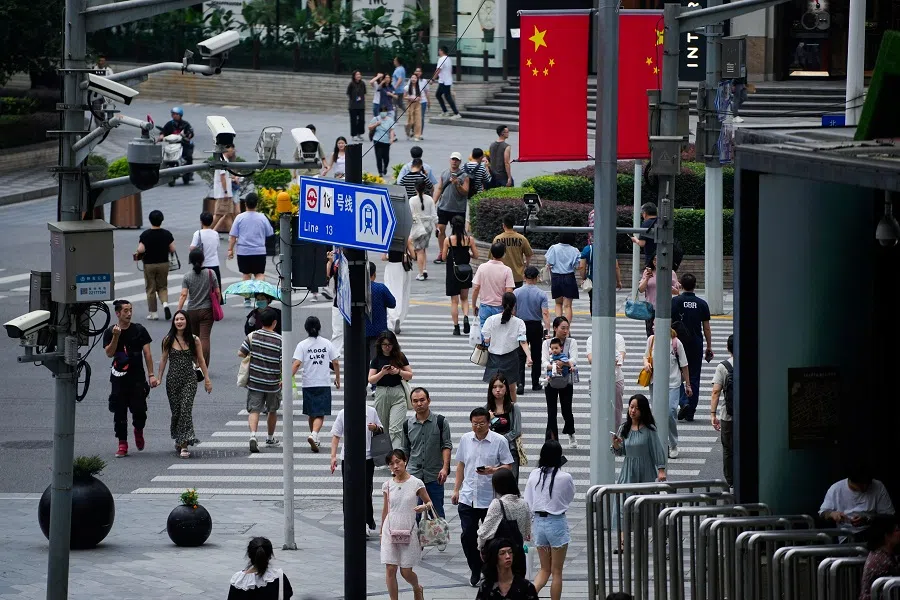
The US and China cannot defeat each other. They are their own biggest enemies. Both China and the US are proud nations, but they must be humble and be ready to improve themselves.
We can perhaps all learn from Ren Zhengfei. The founder of Huawei harbours no grudges against the US, at least publicly. Instead, he believes that China must continue to learn from the US, especially in education and creativity. We will all be better off if we have such humility and wisdom.
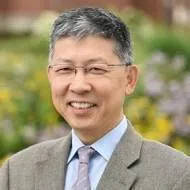


![[Big read] When the Arctic opens, what happens to Singapore?](https://cassette.sphdigital.com.sg/image/thinkchina/da65edebca34645c711c55e83e9877109b3c53847ebb1305573974651df1d13a)

![[Video] George Yeo: America’s deep pain — and why China won’t colonise](https://cassette.sphdigital.com.sg/image/thinkchina/15083e45d96c12390bdea6af2daf19fd9fcd875aa44a0f92796f34e3dad561cc)